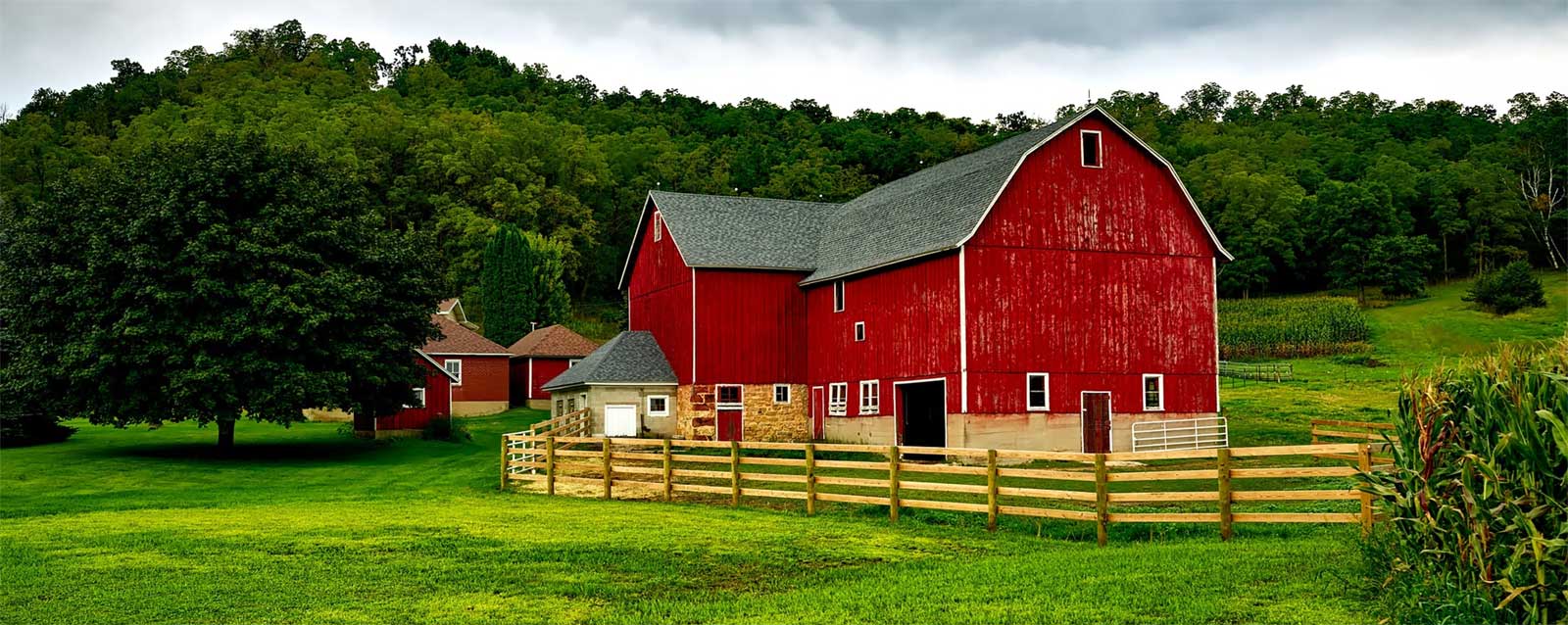On August 31, 2022 Horizon Organic Milk brand (which is owned by Danone) will terminate contracts it has with 89 organic dairy producers in New York, Maine, Vermont, and New Hampshire. According to Danone, the decision is due to “growing transportation and operational challenges in the dairy industry, particularly in the northeast” that have quadrupled freight costs. Danone is not the only company to signal that rising distribution costs and logistical issues will be changing how it procures dairy, but it is one the largest and many believe that “where as it goes, so goes the industry”.
Some small dairy farmer’s whose livelihood is threatened by the loss of these contract are skeptical and believe that something else is going on. They point to an overall consolidation in the Ag space that favors large corporate farms over smaller farms. Specifically, they claim that CAFO (concentrated animal feeding operation) factory farms are not only squeezing out traditional small organic dairy farms but that they will flood the market fake organic milk. These critics claim that companies like Danone are exploiting “organic loopholes” in the 2015 Origin of Livestock rule that have allowed large-scale producers to rotate animals in and out of organic management and sell their milk under the organic label.
Loopholes or just business?
Fully understanding what is going on here requires a deep dive into both the changing Ag business and into details buried in a maze of laws and regulations which are frustrating many in the industry. The bottom line of it all is whether these companies are a) reacting to distribution/logistic realities in the market or b) are exploiting loopholes to boost profits at the expense of small farmers while simultaneously cheating the consumer out of quality organic product.
Those who believe the latter argue that it is shortcuts being practiced by large companies like Danone that threaten small organic dairy farmers and undermines consumer confidence in the organic label. However, Danone claims that these arguments are nonsense and that they are simply improving efficiency. In fact, Danone insists that large dairies with more than 1000 cows account for only 2% of the company’s organic dairies and 90% of their vendors are small or mid-sized dairies with 100 cows or less. The company says it is just reacting to market forces beyond its control and so it plans to buy milk within a 300-mile radius of its Steuban Foods plant in Elma NY where the brand is processed. Although some New York dairies will be left out Danone claims to have enrolled 50 new organic dairy farmers in the state bringing their number of organic dairy farms in New York to 170 all of which will be within a 300-mile radius of western New York plant. The company denies that it will be sourcing milk form cheaper CAFO farms in the midwest.
In the meantime Politicians are intervening
In New York, milk is the Number one agricultural product and according to the 2017 USDA Agriculture Census, the $2.7 billion dairy industry employs 26,000 people in the state. Politicians at both the state and Federal level are demanding that the USDA intervene to close the loopholes they see in the The Origin of Livestock Rule. Originally passed in 2015, Congress passed a law that ordered the agency to finalize the Origin of Livestock Rule by July 2020 but as of fall 2021 this directive is still unmet. In May 202 the USDA reopened its public comment period to help it determine whether it should prohibit the movement of transitioned cows in organic dairy production as part of the final rule. It’s not certain that any action by the USDA will level the playing field enough to ensure the survival of small and medium sized dairy producers in the Northeast.
Helpful Resources:

